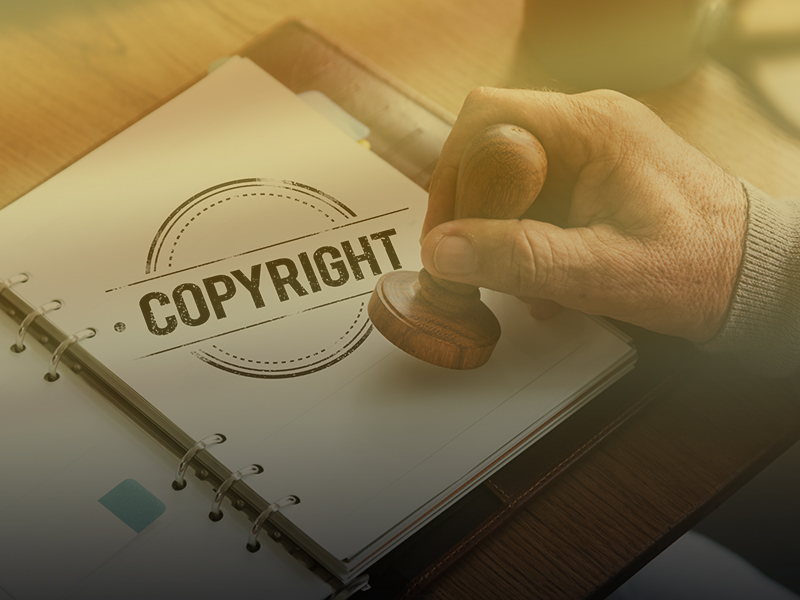
Artificial intelligence (AI) is rapidly becoming more advanced and ubiquitous in our daily lives. As AI systems become more sophisticated, they are increasingly capable of creating original works of art, music, and literature. However, this raises important questions about copyright law and how it should apply to works created by AI.

What is Copyright Law?
Copyright law is a legal framework that protects the creative works of individuals and organizations from unauthorized use. This includes works such as books, music, films, and software. Copyrights are designed to encourage creativity by giving creators the exclusive right to use and profit from their creations for a limited period of time.
The Role of AI in Copyright Law
AI is changing the way we think about copyright law in several ways. First, AI is capable of creating works of art, music, and literature that are indistinguishable from those created by humans. This raises questions about who owns the copyright to these works.
Second, AI is capable of analyzing vast amounts of data to identify patterns and trends that can be used to create new works. This can lead to the creation of works that are similar to existing works, which raises questions about whether these works infringe on existing copyrights.
Ownership of Copyrights for Works Created by AI
One of the biggest challenges facing copyright law in the age of AI is determining who owns the copyright to works created by AI. Under current law, copyrights are owned by the person or organization that creates the work. However, when AI creates a work, it is not clear who should be considered the creator.
Some argue that the copyright should be owned by the person or organization that programmed the AI system to create the work. Others argue that the copyright should be owned by the AI system itself, as it is the entity that actually created the work.
Infringement of Copyrights by AI
Another challenge facing copyright law in the age of AI is determining whether works created by AI infringe on existing copyrights. This is particularly relevant in cases where AI systems are used to create works that are similar to existing works.
Under current law, works that are substantially similar to existing works may be considered infringing. However, it is not always clear what constitutes substantial similarity, particularly when the works are created by AI.
The intersection of copyright law and artificial intelligence is a complex and evolving area of law. As AI systems become more advanced and ubiquitous, it is likely that copyright law will need to be updated to reflect these changes.
One thing that is clear is that copyright law will need to strike a careful balance between protecting the rights of creators and encouraging innovation and creativity in the age of AI.










